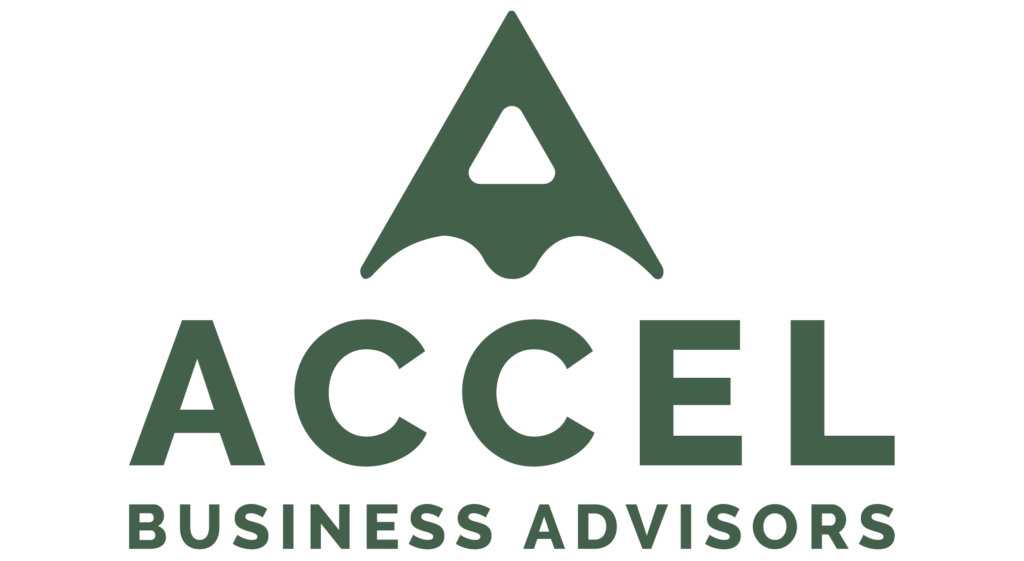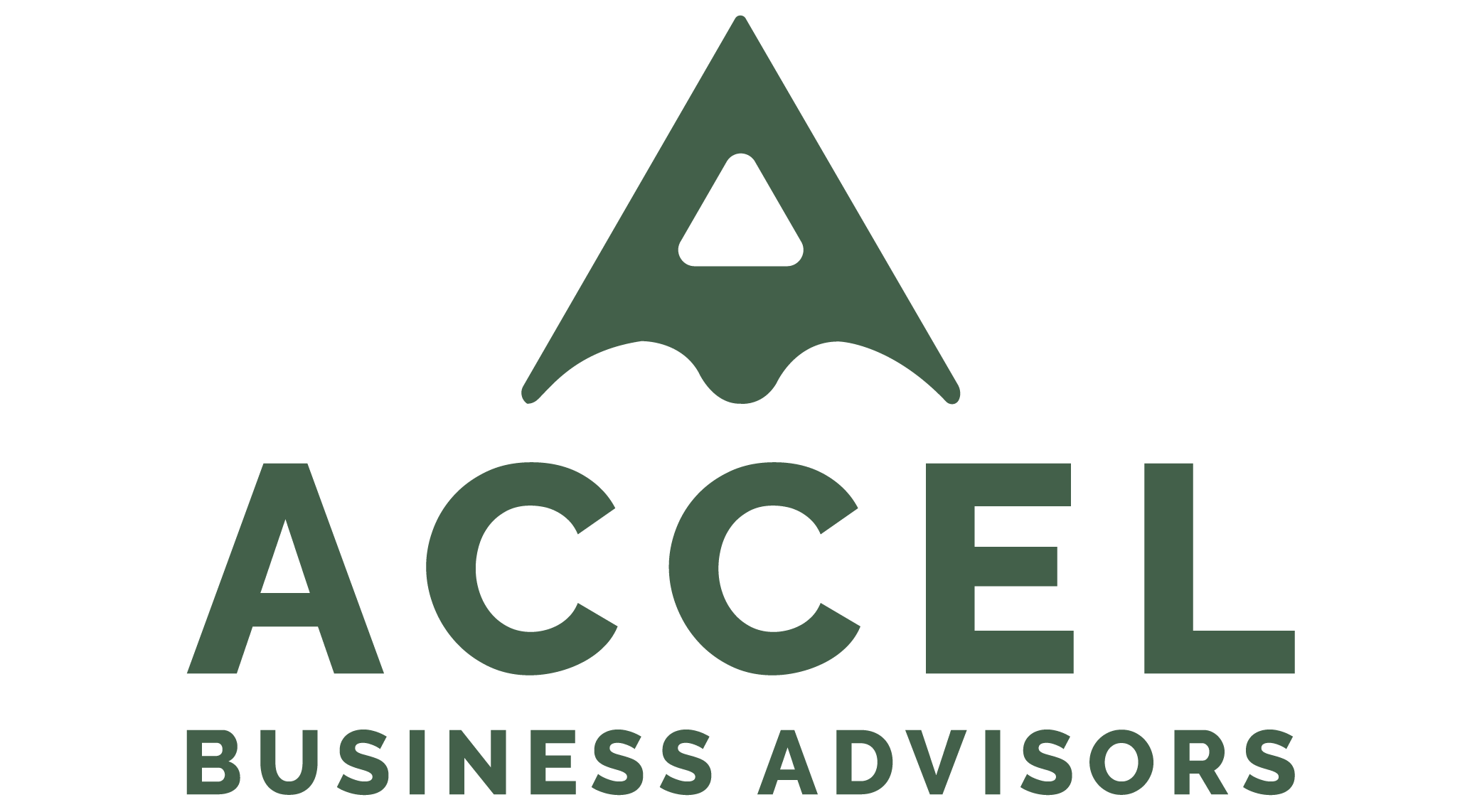Fees and Costs for Selling Your Business
As a business seller, you’ll encounter various expenses at the closing table, and estimating these costs is crucial for understanding your net sale proceeds. Many business owners overlook this step and end up disappointed with their final check. Here are the typical costs you can expect:
Taxes Selling a business comes with several tax implications, making it crucial to understand how much you’ll owe in taxes. This is likely the largest cost of selling your business. Minimizing your tax liability is essential to avoid any unexpected surprises, and this is where an accountant can be invaluable.
Moreover, if you are selling real estate along with your business, you may need to pay real estate transfer taxes depending on your location.
Business Broker Fee This is likely your second largest expense. For smaller transactions, commissions typically range from 10% to 12% of the purchase price, or a fixed amount agreed upon with the broker. For larger transactions, commissions are often tiered.
Attorney Fees Attorney fees vary based on factors like the deal’s complexity, whether real estate is included, and if a franchise agreement is involved. Attorneys charge for their time and expertise, so the more time spent, the higher the cost. Some attorneys bill hourly, reflecting the actual time spent, while others offer a fixed fee based on an estimated time commitment.
Accountant Fees An experienced accountant will help you assess the tax implications of the sale. Like attorneys, most accountants charge an hourly fee, but they may also offer fixed-price options based on the services provided. Both attorneys and accountants play a crucial role in ensuring all legal and tax issues are resolved before the sale.
Transfer Fee If you’re selling a franchise, your franchise agreement likely includes a “transfer fee.” This fee covers the franchisor’s costs in evaluating the buyer and preparing necessary documents. Be sure to account for this fee when setting your sale price and calculating your net proceeds.
Lease Associated Fees Some leases include an assignment fee triggered when you request to transfer the lease to a buyer. This fee covers the landlord’s expenses for legal reviews and preparing the lease assignment. Review your lease to see if this applies to you.
Certain leases require the tenant to pay the landlord a percentage of the business sale or a fixed amount upon selling the business. Though once rare, these clauses are becoming more common. Review your lease to identify any such contingencies.
Debt Prepayment Penalty If you have an outstanding mortgage, credit line, or loan associated with your business or property, you might face a prepayment penalty upon sale. These penalties can be substantial, so they must be factored into your sale price. Sometimes, assigning the obligation to the buyer can avoid the penalty.
These are the primary costs associated with selling your business. Additional costs, fees, and penalties may apply depending on your specific transaction. Understanding your obligations before listing your business and signing contracts is essential. If you fail to account for these costs, you might not only miss out on a profit but could also end up paying out of pocket to close the deal. Be prepared to avoid unexpected surprises.

